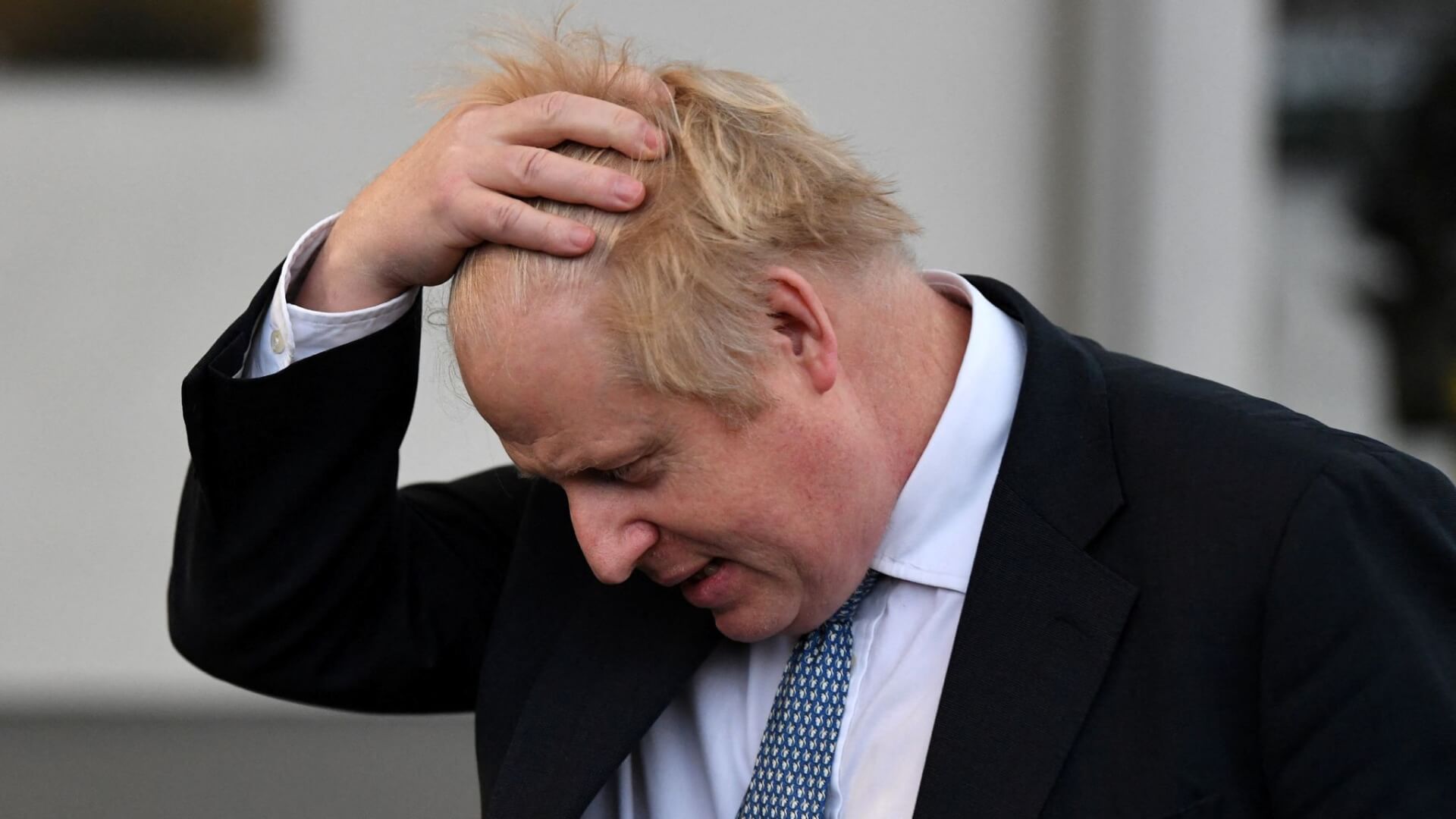The British government announced its decision to withdraw the remaining COVID-19 restrictions, which includes that it is no longer legally required for people who have tested positive to self-isolate. British Prime Minister (PM) Boris Johnson defended the decision saying that it was a part of the government’s plan to protect the health of the people in the United Kingdom (UK) while ensuring that their rights were also safeguarded.
Before the announcement, Johnson discussed the plan to withdraw the current COVID-19 restrictions on Sunday saying that bringing an end to the restrictions was necessary to allow the people in the UK to “protect [themselves] without restricting [their] freedoms.” “I’m not saying that we should throw caution to the winds, but now is the moment for everybody to get their confidence back,” he added. After a meeting with his Cabinet of Ministers on Monday, Johnson will announce the exact plan in the Parliament later.
Covid will not suddenly disappear, and we need to learn to live with this virus and continue to protect ourselves without restricting our freedoms. 1/3
— Boris Johnson (@BorisJohnson) February 20, 2022
In light of the increased rates of vaccination, he also said that the UK has reached a stage where it can move away from “state mandation” and banning and compelling “certain courses of action” to instead encourage “personal responsibility.” To this end, he stated that the legal requirement for those who test positive for COVID-19 to self-isolate for five days will be replaced by advisory measures.
Discussing the prospect of bringing back restrictions in the eventuality of another surge in cases, he said that he is against returning to a “non-pharmaceutical intervention” and would instead focus on a “vaccine-led approach.” Moreover, he mentioned that while there will be a continued focus on surveillance and vaccinations, testing for the virus is likely to be scaled back.
Throughout the pandemic, Johnson has often sought to satiate populist calls for easing COVID-19 restrictions. Several members of his Conservative Party have also called the limitations disproportionate and unnecessary. In January, his Conservative government withdrew most restrictions, including mandatory vaccine passes for indoor venues and masks in public.
In the UK, 85% of the population over the age of 12 has received at least two doses of the COVID-19 vaccine, and two-thirds have already been given a booster dose. In fact, due to the high vaccination rates, along with the relatively milder Omicron variant, the easing of these restrictions in January did not result in a significant surge in deaths and hospitalisations.
However, his decision has already attracted criticism from government advisers and other healthcare experts, who believe that there is little known about the future variants. For instance, the health spokesperson for the opposition Labour Party criticised Johnson’s plan for “declaring victory before the war was over.” Similarly, The New and Emerging Virus Threats Advisory Group, which also advises the government on pandemic-related issues, said that the belief that future variants will be milder “is a common misconception.” Along these same lines, the NHS Confederation’s chief, Matthew Taylor, warned against the decision and urged the government to approach the matter in an “evidence-based and incremental way.”
Adding to this criticism is the fact that the 95-year-old Queen Elizabeth II tested positive for COVID-19 recently and has been experiencing mild symptoms. Moreover, the UK continues to report over 25,000 daily cases of the virus. On Sunday, the country saw 74 deaths caused from the virus, bringing the total number of deaths to over 160,000.
However, with this latest announcement, the UK will become one of the first countries in the world to see such a widespread withdrawal of COVID-19 regulations. Previously, on February 1, Denmark lifted all its health restrictions, citing its successful vaccine drive as the reason for the decision.

